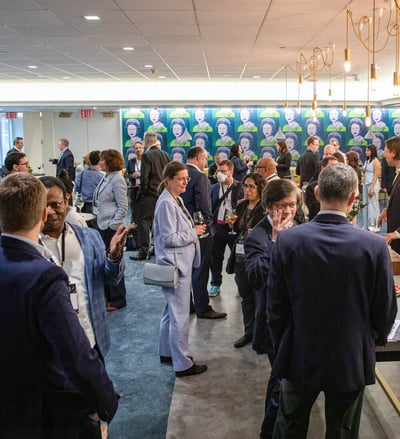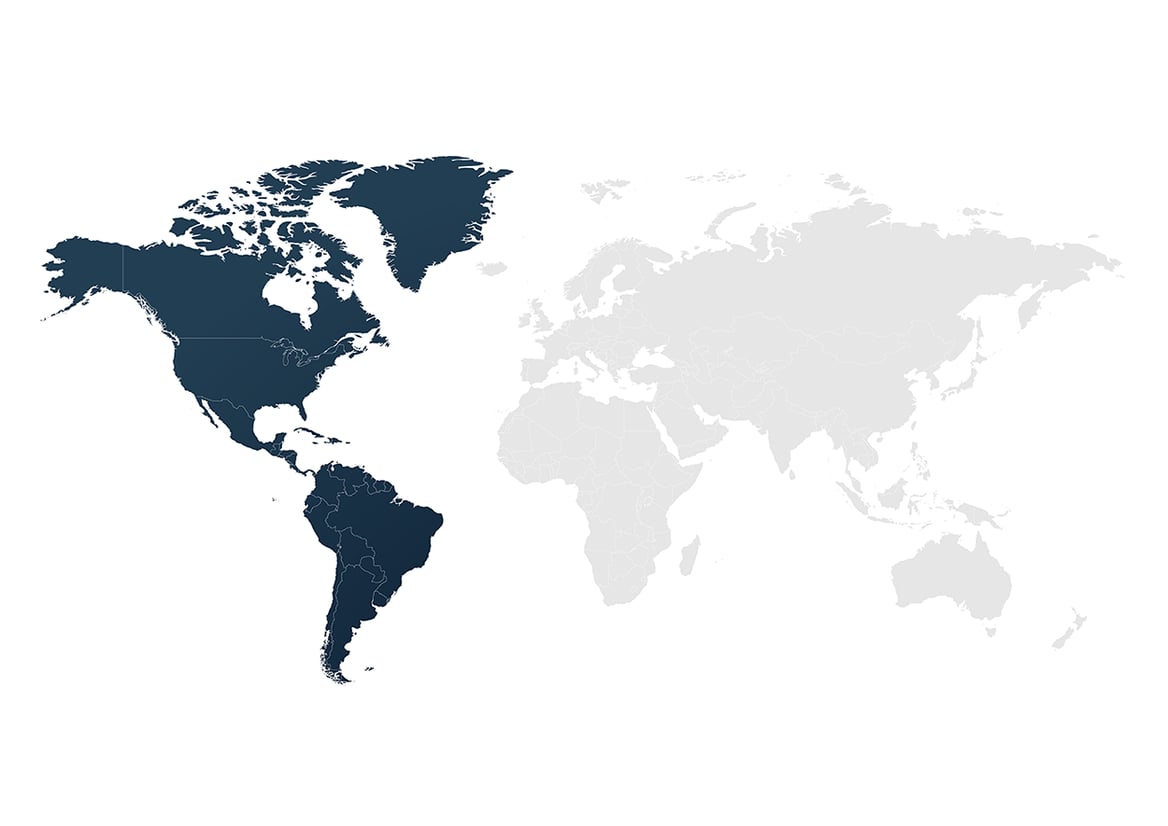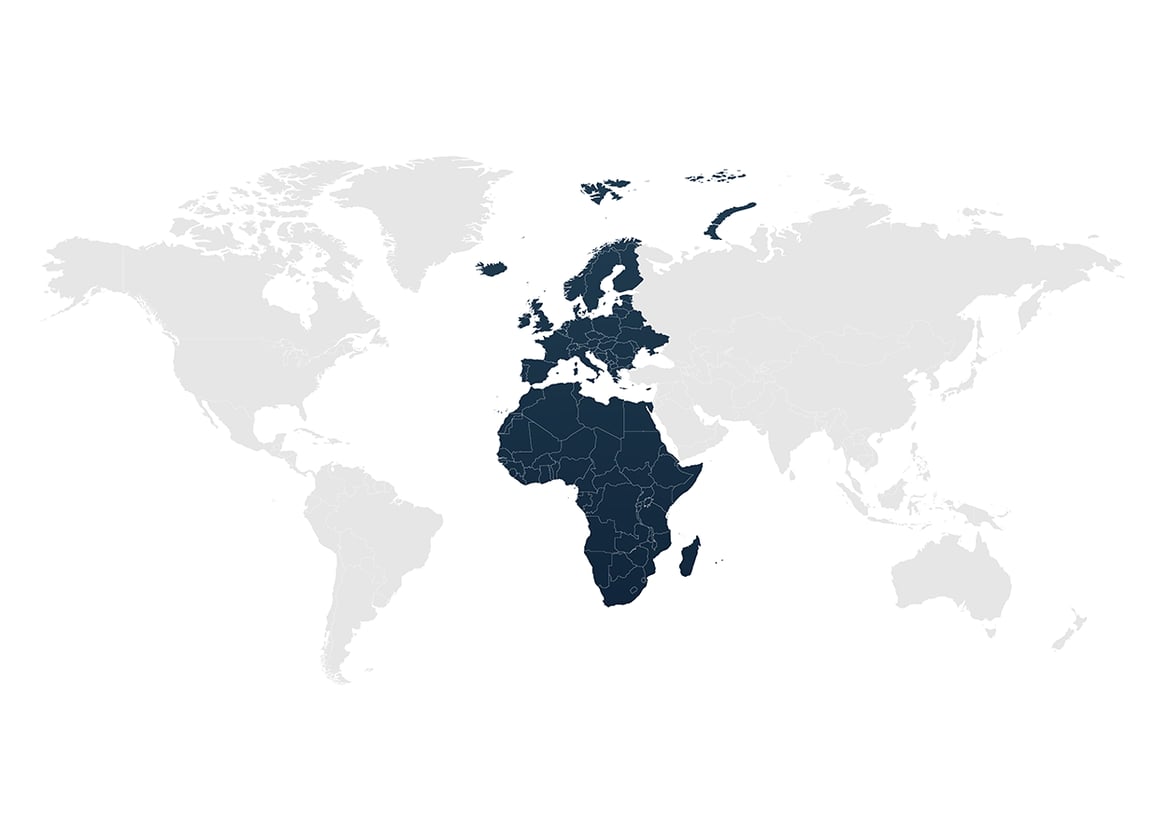GARP MEMBERSHIP
Professional Chapters
With over 30 local Chapters in more than 25 countries, our global risk community helps you develop your career, make valuable new contacts, and stay up to date with today’s most important topics in risk management.
Expand Your Professional Network
Led by practicing risk managers around the world, GARP Chapters are the cornerstone of our commitment to supporting members in their quest for ongoing knowledge, insights, and access to a professional network for sharing current industry practices and making new connections. Members receive priority registration to attend and network at Chapter meetings anywhere for free, including those outside your home region.

Upcoming Meetings
United Kingdom
Decision-Useful Climate Scenarios: Models, Meaning, and Strategic Impact
February 11, 2026 | 6:00 PM
In-Person | Events @ No 6 6 Alie St, London, E1 8QT

Attend as a Guest Affiliate
We welcome new faces at our Chapter meetings. If you’re a student, recent graduate, or experienced professional from the wider risk or finance community, you can attend as a guest if seats are available. When you register, you’ll automatically enroll as an Affiliate (USD 0), receive our free weekly risk newsletter, and stay informed of future GARP events and learning opportunities.
Experience Past Chapter Meetings
Missed an event? Watch available recordings at your convenience in our Member Multimedia Library, an on-demand archive of Chapter meetings, webcasts, and presentations on a wide range of financial, climate, and energy risk topics. Plus, experience 30+ hours of insights from the GARP Financial and Climate & Nature Risk Symposiums, all available exclusively for Individual Members.


Volunteer for Your Local Chapter
GARP relies on the dedication and enthusiasm of volunteer Chapter Directors and their fellow committee members to raise awareness and foster a thriving network of risk professionals. Whether by identifying topics, recruiting speakers, or even greeting attendees at the door, we encourage Individual Members to volunteer and contribute to the success of your local Chapter.
Chapter News and Updates
GARP Launches Two New Chapters in 2024!
GARP is thrilled to announce the launch of two new Chapters in 2024. Co-Directors Justin Ong, CFA, FRM and Junaida Ghazie, FRM, are spearheading the creation of a vibrant local community of risk professionals in Malaysia. In Montreal, Facundo Zapata, FRM and SCR holder, David Whittall, are planning an exciting program of educational events that will cover a wide range of pertinent risk management topics.


Adela Baho, MSc, FRM, Luxembourg
AIFM Lead, Conducting Officer - Risk, Valuation, Compliance, Foresight Group
Being a member of GARP is very important for my career development. It offers invaluable opportunities to continue learning, sharing and networking… [and] be part of a specialized community that jointly tries to find solutions to the collective problems of our industry.
Adela Baho, MSc, FRM, Luxembourg
AIFM Lead, Conducting Officer - Risk, Valuation, Compliance, Foresight Group
Become a Member
Access premium content and practice-based resources, priority registration for Chapter meetings, and exclusive opportunities to network with industry peers by becoming an Individual Member today!


